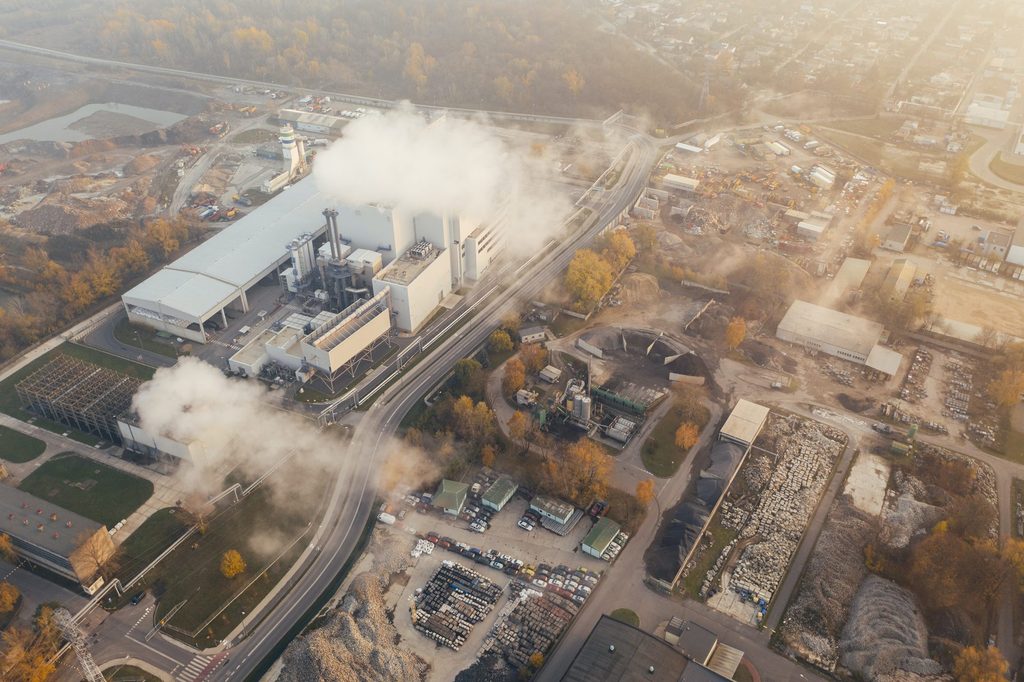Energy market experts have suggested that Europe's industrial base may now be in "irreversible" decline. They argue that the continent's recent decrease in energy consumption is the result of broad-scale deindustrialisation rather than a sign of a more energy-efficient future.
Despite energy prices falling significantly from the record highs that followed Russia's full-scale invasion of Ukraine in February 2022, analysts highlighted that this has had little impact on Europe's net industrial activity. Without drastic action they warn that the continent's industrial base may never recover.
"2022 was an exceptional year with extremely high energy prices," Assistant Professor of Environmental Policy Mathieu Blondeel at Vrije Universiteit Amsterdam told De Morgen. Pointing out that energy prices are now only slightly higher than the historical average in Europe, the expert voiced concern that "we are not yet seeing an industrial revival."
Rather than just a drop in demand for industry, Blondeel cautions that this instead shows the demand itself is being destroyed.
Drastic loss of competitiveness
Blondeel's analysis is corroborated by numerous other recent studies. A report published earlier this year by the International Energy Agency (IEA) showed that nearly two-thirds of the total reduction in EU electricity demand in 2022 was a result of "energy-intensive industries grappling with elevated energy prices", especially the petrochemical, steel, and aluminium industries.
"This trend has continued well into 2023, despite the prices for energy commodities and electricity falling from record highs," the report states. It noted a "staggering" 6% year-on-year decline in electricity demand across Europe in the first half of 2023, which suggests that its "energy-intensive industries have not yet recovered from last year's production slump".
Similarly, in May the Brussels-based think tank Bruegel published a policy brief in which it urged EU leaders to take immediate action to "avoid [the] irreversible large-scale relocation abroad" of Europe's key industries.
"The massive increase in electricity and gas prices implied a drastic loss of competitiveness for European energy-intensive companies in 2022, and some of the effect is expected to persist," Bruegel noted. To compound the problem, natural gas in the EU remains substantially more expensive than before the crisis and financial markets expect this will remain the case for another three years.
Related News
- 20% drop in EU gas consumption as citizens battle energy crisis
- Watt an increase: Engie raises profit forecast by €1.3 billion
Bruegel's recommended measures include subsidising energy-intensive industries in "clearly justified cases" as well as implementing a "deep-decarbonisation strategy" aimed at accelerating the industrial sector's green transition.
Blondeel, however, suggested that only the latter measure is truly necessary: "In the long term, there is only one solution. It is to reduce our economic vulnerability due to our dependence on fossil fuels from abroad by accelerating greening. That's the way forward."

